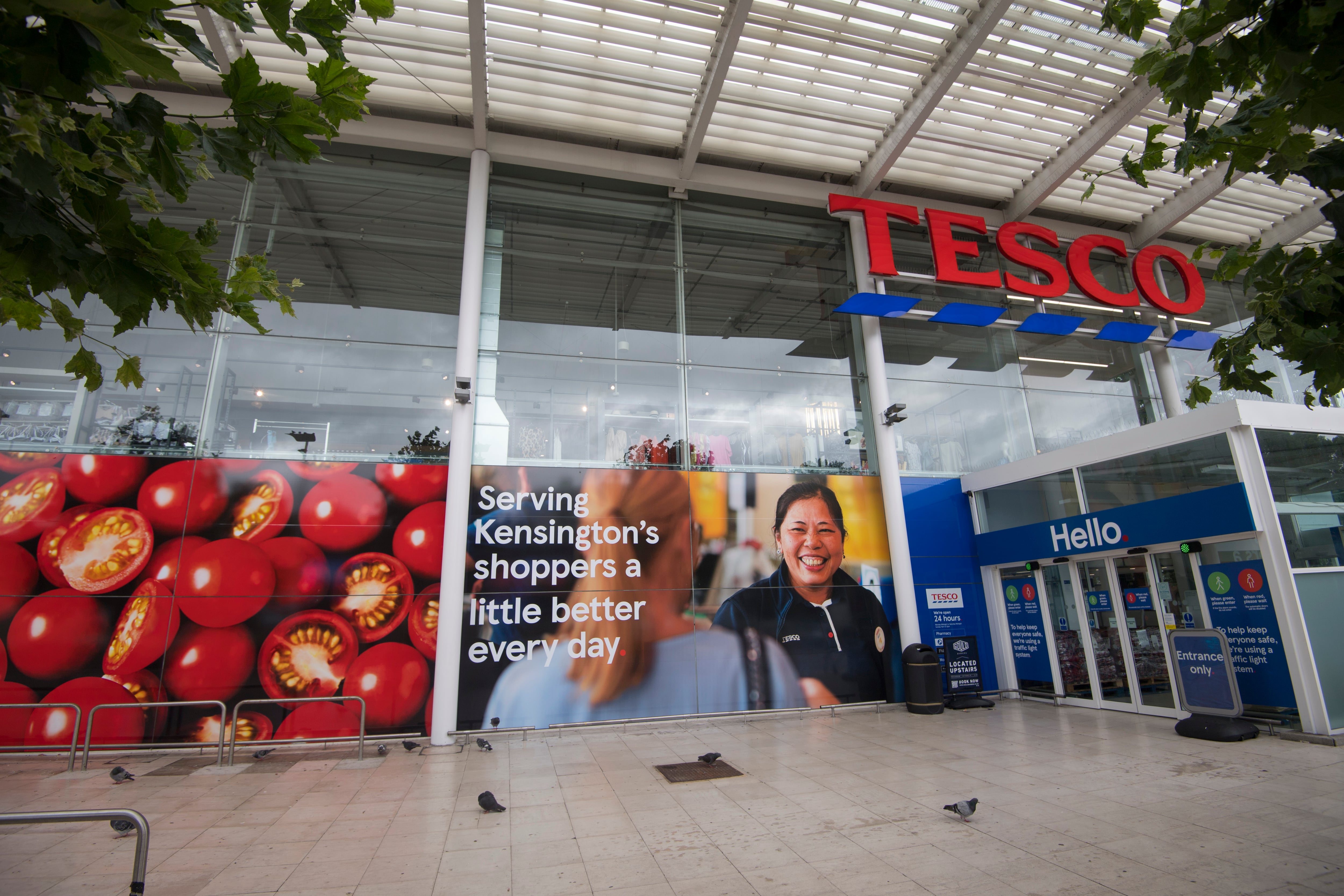Earlier this year (May 2025), the UK Government confirmed it would be delaying the rollout to ban adverts marketing products high in fat, salt and sugar (HFSS).
The restrictions were meant to come into force on 1 October 2025 but will instead begin on 5 January 2026. This follows on from a previous delay of almost three years, with the restrictions originally due to take effect on 1 January 2023.
The Department of Health and Social Care (DHSC) told the Committee that this most recent delay was to provide time to consult on and lay further regulations to clarify how the restrictions would apply to brand advertising, along with providing an explicit exemption for brand advertising from the restrictions in legislation.
DHSC also informed the Committee that the Government has secured a commitment from industry to voluntarily comply with the restrictions from 1 October 2025 until they take legal effect.
However, the Committee has expressed concerns over the impact advertising for less healthy food and drink will have in the meantime on childhood obesity.
While the Explanatory Memorandum to the Regulations indicates that the most recent delay is only three months and therefore will have no significant impact on the health benefits of the policy overall, the Committee disagrees and claims the DHSC has not been able to prove this is the case.
The Committee has also raised concerns over ‘poor planning’ regarding the implementation of these rules by successive governments. It notes that the late finalisation of guidance from the Advertising Standards Authority, which will form the basis for industry compliance, is also ‘regrettable’ when considered alongside the now three-year delay.
The Committee’s concerns are further compounded by the fact that related policies aimed at tackling obesity, such as restrictions on less healthy multi-buy products, have also been subject to delay.
‘We may press the Minister further’
“The restrictions on the advertising of junk food on TV and online has been beset by repeated delay and the failure of successive governments to effectively implement this policy remains highly disappointing,” commented Lord Bethell, member of the Secondary Legislation Scrutiny Committee.
“The Government must do more to support public health across the country and support the NHS with effective regulations that work towards properly dealing with the issues of obesity in children and getting to grips with tackling our ever-growing obesity crisis.
“Bold and comprehensive action is essential to mitigate the impact of targeted marketing of junk food to children which has been shown to result in them being more likely to experience obesity and related health problems throughout their life. There must be no further delay in these Regulations taking legal effect so that appropriate action can be taken if there is non-compliance. At present, in our view, it is unclear how effective the voluntary agreement will be.
“The issues and concerns we have highlighted in our report are ones that must be addressed by the Government and that is why we have indicated that the House may wish to press the Minister further on them. We cannot afford any further delays in action to improve the health of future generations.”





